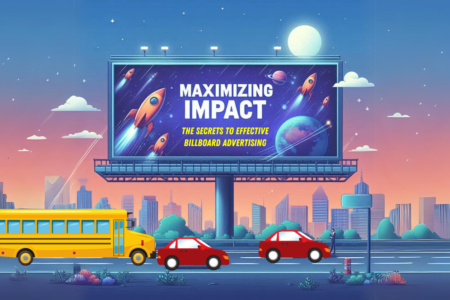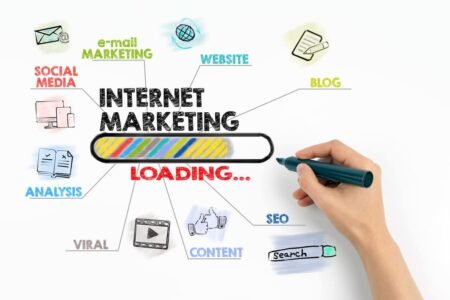In today’s fast-paced digital age, traditional advertising methods are facing increasing challenges in capturing and retaining consumer attention. As a response, businesses are turning to experiential marketing as a powerful tool to engage audiences and leave a lasting impression. Experiential marketing, also known as engagement marketing or event marketing, focuses on creating immersive brand experiences that actively involve consumers. In this blog post, we’ll explore the essence of experiential marketing and why it’s becoming a cornerstone of modern advertising strategies.
Understanding Experiential Marketing
Experiential marketing revolves around the concept of immersing consumers in memorable experiences that resonate with the values and identity of a brand. Unlike traditional advertising, which relies primarily on one-way communication channels, experiential marketing encourages active participation and interaction. Whether through live events, pop-up activations, or immersive installations, brands aim to forge genuine connections with their target audience by appealing to their senses, emotions, and aspirations.
Key Elements of Experiential Marketing
Engagement: Experiential marketing places a premium on engagement, encouraging consumers to participate and interact with the brand on a personal level. By creating opportunities for hands-on experiences and meaningful interactions, brands can foster deeper connections and drive brand loyalty.
Authenticity: Authenticity lies at the heart of successful experiential marketing campaigns. Consumers are increasingly drawn to brands that convey sincerity and transparency in their messaging. Authentic experiences resonate with audiences on a deeper level, fostering trust and affinity over time.
Storytelling: Effective experiential marketing campaigns leverage the power of storytelling to captivate audiences and convey brand narratives. By crafting compelling narratives that evoke emotion and intrigue, brands can create memorable experiences that resonate long after the event has ended.
Sensory Appeal: Experiential marketing harnesses the sensory appeal to create immersive brand experiences that stimulate the senses. Whether through visually stunning displays, interactive technology, or multisensory activations, brands can create memorable moments that leave a lasting impression.
Benefits of Experiential Marketing
Increased Engagement: Experiential marketing drives higher levels of engagement compared to traditional advertising methods. By inviting consumers to actively participate in brand experiences, businesses can create meaningful connections that foster brand loyalty and advocacy.
Brand Differentiation: In today’s crowded marketplace, standing out from the competition is more challenging than ever. Experiential marketing offers a unique opportunity for brands to differentiate themselves by offering immersive experiences that resonate with their target audience.
Enhanced Brand Perception: Memorable experiences have the power to shape consumers’ perceptions of a brand. Through carefully curated experiential campaigns, businesses can position themselves as innovative, customer-centric, and socially responsible, thereby enhancing brand perception and loyalty.
Measurable Impact: Unlike traditional advertising, which can be difficult to measure in terms of impact and ROI, experiential marketing offers more tangible metrics for evaluation. From foot traffic and social media engagement to customer feedback and sales conversions, brands can track the effectiveness of their experiential campaigns and adjust their strategies accordingly.
Conclusion
In an era defined by digital noise and fleeting attention spans, experiential marketing emerges as a beacon of authenticity and connection in the advertising landscape. By creating immersive brand experiences that engage the senses, tell compelling stories, and foster genuine connections, businesses can forge deeper relationships with their target audience and drive long-term brand loyalty. As consumer expectations continue to evolve, embracing experiential marketing as a core component of advertising strategies is not just a competitive advantage but a necessity for success in today’s marketplace.










